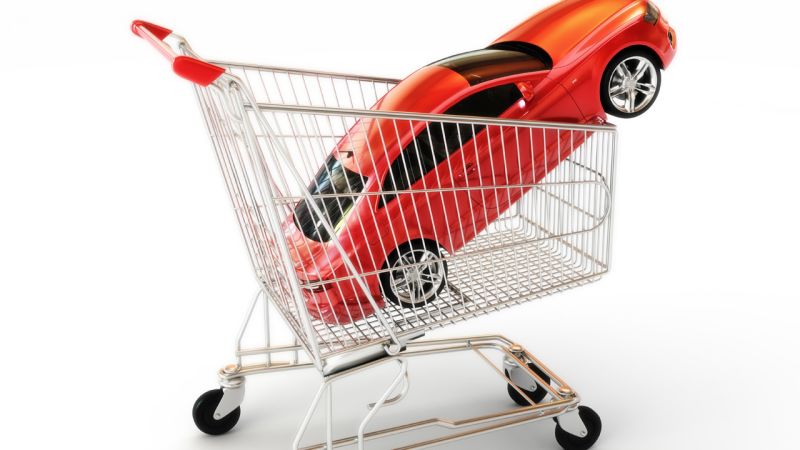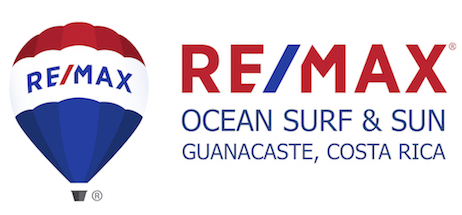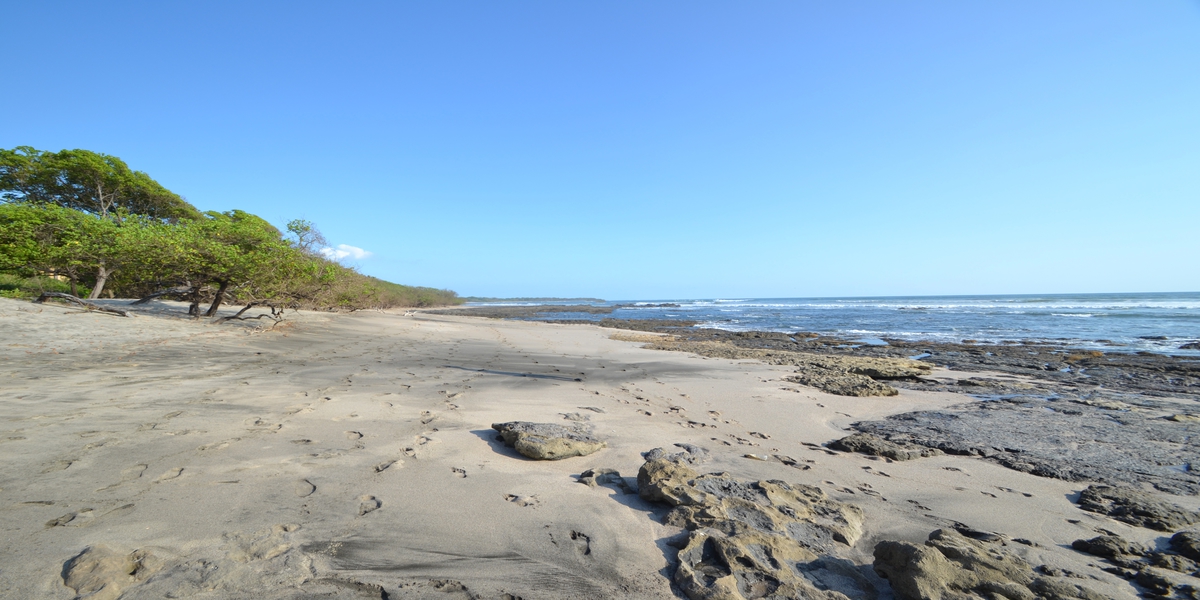 Should You Buy a Car in Costa Rica? Everything You Need to Know
Should You Buy a Car in Costa Rica? Everything You Need to Know
After buying a home in Costa Rica, buying a car is the second largest purchase you are likely to make. But should you make that investment? Do you need a car to get around? If you prefer to not own a car, what are the alternative forms of transportation? And if you decide to purchase a vehicle, where can you find a car that suits your needs? What does the car buying process include in Costa Rica? Here’s everything you need to know about buying a car in Costa Rica.
Alternatives to Owning a Car
What forms of transportation are available in Costa Rica? Taxis, ride-share services like Uber and Didi, buses, rental cars, and private transportation services are some of the options. Can one of these alternatives, or a combination of them, meet your transportation needs? It all depends on where you live and how mobile you want to be. Some ex-pats who live in cities and larger towns don’t need their own car to get to shopping, entertainment, or appointments. The distances they travel are short, so the cost of public transportation is low, and the convenience is high. Others would feel trapped at home without their own vehicle, especially if they want to explore the secluded beaches of Guanacaste or discover other parts of the country. For them, owning a car is the best way to achieve the lifestyle they desire.
How to Search for a Car
If you’ve determined that owning a vehicle is the right choice for you, where do you start your search? If your budget allows you to buy a new car, there are new car dealerships as close as Liberia. In San Jose, you’ll find even more options--agencies for cars manufactured in the United States, Japan, Korea, China, Germany, Italy, France, and other countries. Keep in mind that the price tag will include an import tax of 52% of the value of the vehicle. If a used car is a better fit for you, there are several ways to find what you want. A good place to start is talking to your friends and acquaintances. They may be selling a vehicle or know of someone who is, and you have the advantage of knowing the owner. Many used cars for sale in Costa Rica are listed on the Internet. The most popular sites are crautos.com, encuentra24.com, and Facebook Marketplace. Crautos.com is especially useful because it features a database with filters that allow you to narrow your search by make, model, price, type, or region where the vehicle is located. If you prefer to search in person, the used car lots in and around San José have the largest inventories. Alternatively, the small town of Grecia is famous for its used car lots that line the road from the Pan American highway into the center of town. If you want to call a seller to obtain more information, ask a Costa Rican friend that knows about cars to call the owner and get the relevant data. How many miles/kilometers are on the odometer? Why are they selling it? Has the car always been in Costa Rica, or was it imported?
What Kind of Car Should I Buy?
Many recommend a four-wheel-drive vehicle so you’re ready for anything. You won’t have to contend with snow as you did back home, but you may encounter river crossings and dirt roads on your way to the beach. The tougher, higher suspension of an SUV or truck is helpful when navigating rougher roads. Another common tip is to buy an Asian brand like Toyota, Nissan, Honda, Hyundai, Mitsubishi, or Kia. The parts are easier to find, and they keep their resale value better than American and European models. In any case, take a knowledgeable mechanic with you when you go to check out the vehicle.
Legal Considerations When Buying a Used Car
- Ensure that the VIN (Vehicle Identification Number) matches the one on the frame of the car.
- Make sure the “marchamo” (registration and mandatory liability insurance) and RTV technical inspection are current. You will find the dates on two stickers located in the right upper corner of the windshield. The marchamo is paid annually from November 1st to December 31st. RTV inspection must be done in the month that coincides with the last number on your license plate, e.g., 1=January, 2=February, etc.
Car Buying Process
Once you’ve decided on a vehicle, hire a lawyer, preferably one that speaks your mother tongue. A lawyer is required by law for a valid transfer of title. He will search the government database to make sure there are no liens or fines on the car from the previous owner, and he writes the bill of sale. The lawyer’s fee is set by the government based on the value of the car. Usually, the buyer pays for this service, but the cost can sometimes be split between the buyer and seller. It’s part of the negotiation of the price. Once you and the seller have signed the paperwork, the lawyer will record the transfer of ownership in the National Registry in San Jose. In the meantime, ask for a copy of the documents to prove your ownership until the registration process is finalized.
Should I Import a Car to Costa Rica?
If the car buying process sounds daunting, you may wonder if it’s easier or cheaper to just ship a car to Costa Rica. Importation has its pros and cons. You may save money, but you won’t be able to dodge the import duty. It currently ranges from 64% to 79% of the Kelly Bluebook value, and there are no exceptions available to the average resident. A government website calculates an estimate for the model you are considering. You won’t be able to register your car and legally drive it unless you pay the tax. You’ll need to hire a professional agent to guide you through the importation process, and shipping from the U.S. costs around $1000 depending on the port.
Advantages of Car Ownership in Costa Rica
Although cars cost more in Costa Rica than their North American counterpart, they hold their value better here. If you get a good deal up front and take good care of the vehicle, you may be able to sell it for the same price you paid or only slightly less a few years later. Another advantage in Costa Rica is that cars are cheaper to maintain. Repairs that would cost thousands back in the U.S. or Europe will only be in the hundreds here.
Whether you decide to ship or buy a vehicle, walk everywhere, or take the bus or a taxi, the important thing is to get out and start exploring this beautiful country you call home!






